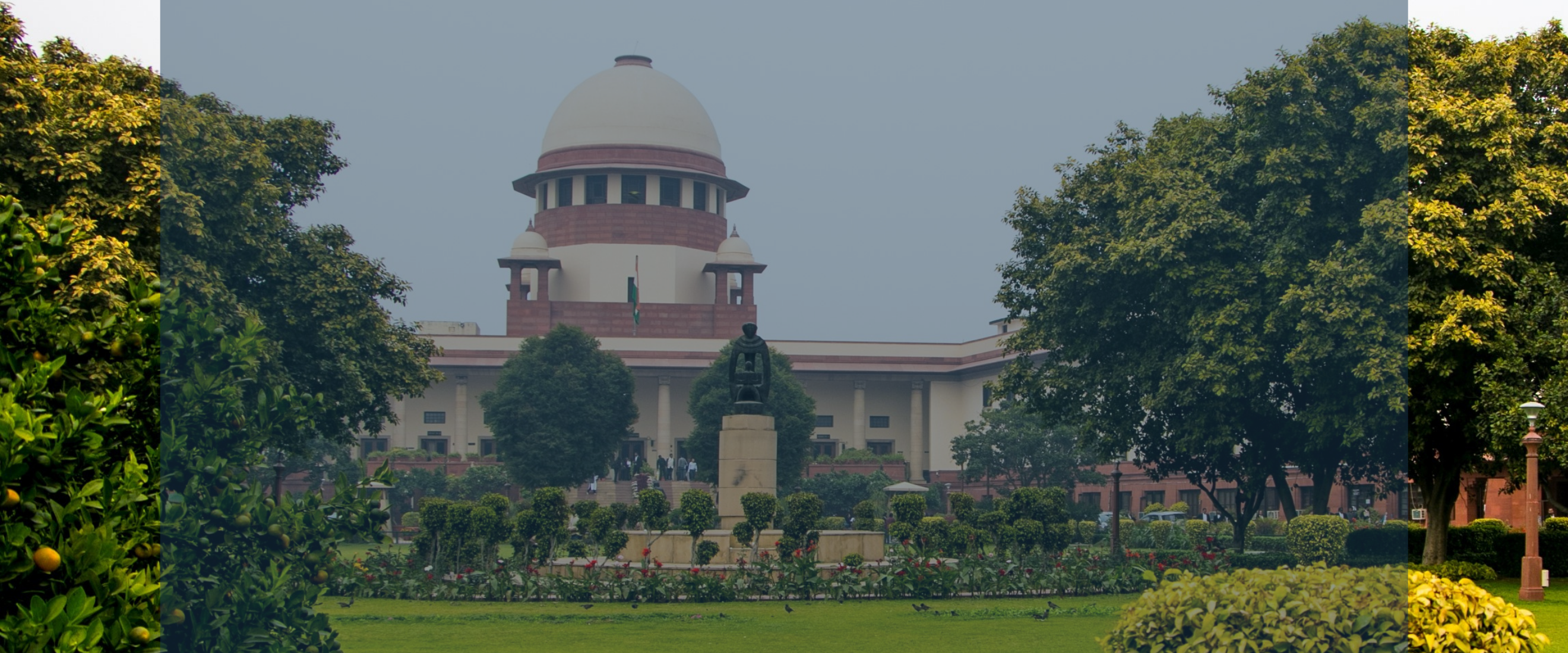Analysis
Of Land Acquisitions and Judicial Propriety
DESK BRIEF: The outcome of the hearings has implications beyond the issue of recusal or the interpretation of the Land Acquisition Act.

The first two days of oral arguments in the Land Acquisition hearing have seen heated arguments with some of the parties objecting to the presence of Justice Arun Mishra on the newly constituted Constitution Bench. While the debate over Justice Mishra’s recusal has seized the public imagination for now, the ramifications of the present hearing go much beyond it.
In September 2013, Parliament passed the Right to Fair Compensation in Land Acquisition, Rehabilitation and Resettlement Act (‘Act’), introducing a new scheme of compensation for landowners whose lands are compulsorily acquired. This was Parliament’s answer to the constant criticism of the predecessor legislation – Land Acquisition Act, 1894 (‘Old Act’) – which was seen as denying landowners a fair compensation.
One of the critical provisions of the Act is Section 24(1), which extends the benefit of the new compensation regime to even those acquisitions initiated under the Old Act, where an award of compensation had not yet been made. Section 24(2) enlarges the scope of beneficiaries even further. Under it, the acquisition proceedings would be deemed to have lapsed, even if compensation had already been made under the Old Act, if any of the following is true: a) the acquisition was made 5 or more years ago, and b) the physical possession of the land had not been yet taken up or c) the compensation had not yet been paid. An issue that emerged out of Section 24(2) was whether compensation could be considered to have been paid if the landowners refused to accept the payment. A three-judge bench in Pune Municipal Corporation unanimously held that, in such an eventuality, as long as the compensation is deposited in the jurisdictional court, payment may be deemed to be completed.
Four years after Pune Municipal Corporation, another three-judge bench in Indore Development Authority gave a conflicting view on the issue. By a 2:1 majority, it held that as long as the compensation was made unconditionally available to the landowners, the requirements of Section 24(2) were fulfilled. The Bench reasoned that the landowners should not benefit from their own refusal to accept the compensation and there was no requirement of deposit of compensation in the jurisdictional court.
Given the apparent conflict, on February 21st 2018, the Court stayed all pending claims under Section 24 and thereafter referred the matter to a Constitution Bench. Apart from an initial hearing in April 2019, this Constitution Bench made no progress. This led to the setting up of the present bench comprising Justices Arun Mishra, Indira Banerjee, Vineet Saran, M.R.Shah and S.R.Bhat.
As pointed out in the beginning, the outcome of the hearings has implications beyond the issue of recusal or the interpretation of Section 24. In fact, the larger issue before the court is whether a bench can go against an earlier decision of a bench of equal strength, as was done in Indore Development Authority. This has tremendous significance for the Supreme Court of India, which does not sit en banc and routinely sits in division benches of 2-3 judges, often leading to inconsistencies in the law.
Best,
SC Observer Desk
(This post is extracted from our weekly newsletter, the Desk Brief. Subscribe to receive these in your inbox.)
